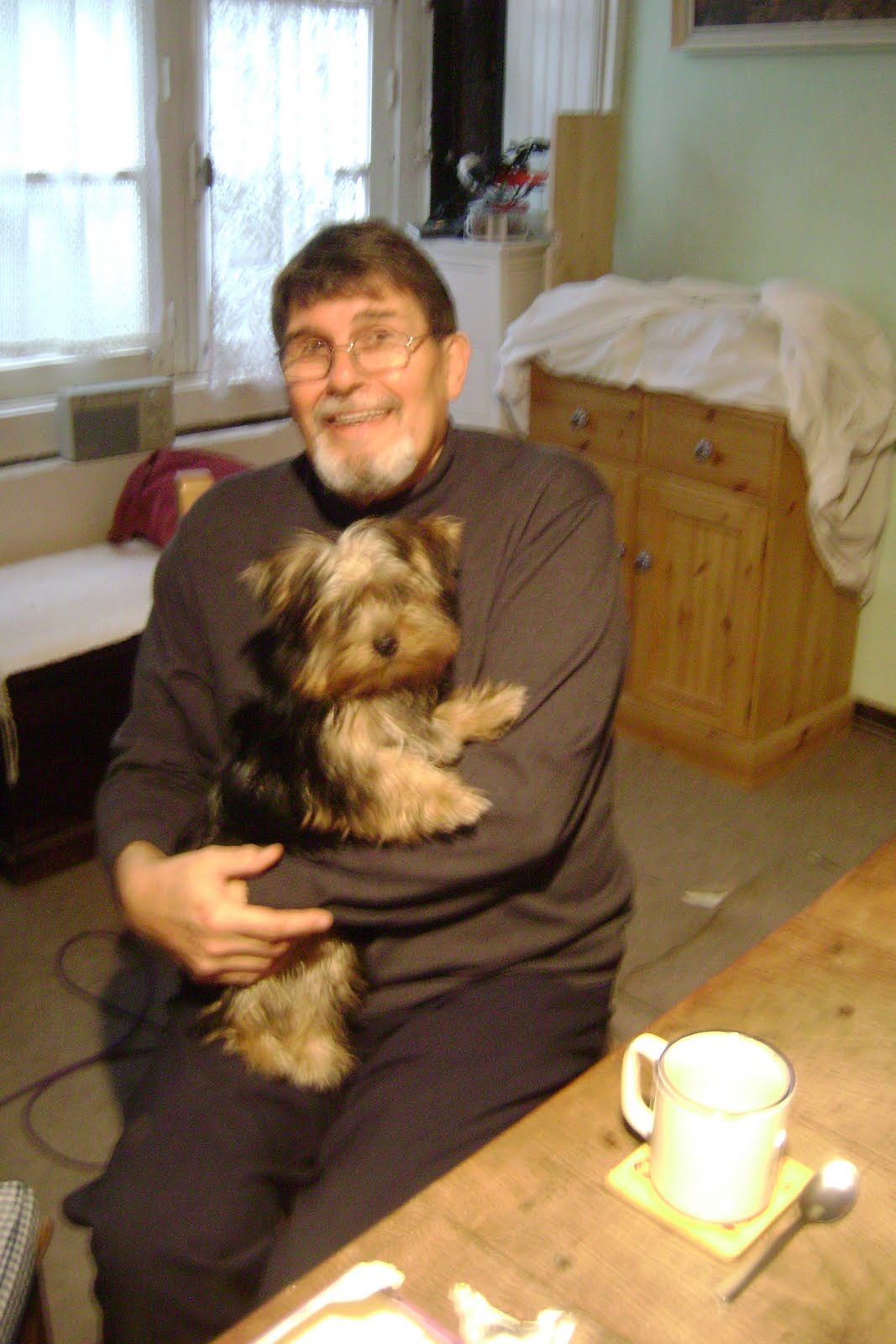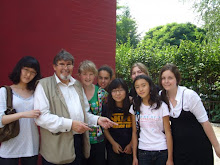An essay is created by a series of paragraphs, all concerned with a particular topic.
A paragraph is built with a series of sentences.
There are many different forms of a sentence:
Simple Sentence: The cat sat on the mat.
Double Sentence: The cat sat on the mat and watched the mouse.
Multiple Sentence: The cat sat on the mat and watched the mouse and swished its tail.
Complex Sentence: The cat, which was striped, sat on the mat.
Double Complex: The cat, which was striped, sat on the mat and watched the mouse.
Multiple Complex: The cat, which was striped, sat on the mat and watched the mouse
and swished its tail.
Which kind of sentence you to choose to use will depend on the effect you want to communicate to your reader. Varying the sentence construction in a paragraph also helps to encourage the reader to read more of what you are writing.
A sentence is created by the use of Clauses.
What is a Clause?
A clause is a group of words containing a Finite Verb.
A verb is a word that shows the action in a sentence.
[You could say that a verb is a "doing" or a "being" word - I put it this way because, many people forget about words like "are". For example, in a sentence like "You are happy", the word "are" is a verb (from the verb "to be" -people often forget that simply "being" is, actually, an action)].
However, look at the verb "run", in the following:
Running down the road.
There is action there in the word "running", and it is a form of verb; but, it is not an example of a finite verb .
However, if I write:
The boy was running down the road.
Then "was running" is a finite verb. Why? Because the reader is told who was performing the action: in other words, the verb has a Subject.
The Subject of a verb is the person or thing that performs the action
Each clause contains only one finite verb. So by discovering how many finite verbs there are in a sentence, we can know how many clauses there are in that sentence.
For example:
I saw the boy who was riding the black bicycle.
The finite verbs are "saw" (subject : I) and "was riding" (subject: who - relative pronoun standing in place of "boy)
Let's put this another way:
Here are two sentences:
a) I saw the boy. b) He was riding the black bicycle
Each sentence makes one simple point.
However,
these two sentences can be made into one sentence by turning them into clauses using the relative pronoun "who" :
c) I saw the boy who was riding the black bicycle;
Now the one sentence has become more interesting, since, by using two clauses, we are able to emphasise one of the points as more important: the fact that I saw the boy is more important than the fact that he was riding a black bicycle.
So, already we can understand one reason why the use of Clauses in a sentence is necessary. They allow the reader to understand the related emphasis of information in a sentence.
The use of clauses helps the comprehension of the reader.
Now, there are two kinds of Clauses.
Main Clauses and
Subordinate Clauses. (Do not be put off by the word "subordinate"; it simply means "supporting").
The MAIN Clause
is the core of every sentence: it contains the most important information of the sentence.
Every sentence must have at least one Main Clause.
So, if there is only one finite verb in a sentence, there can only be one clause in that sentence and , therefore, that clause must be a Main clause.
Sentences which consist of one main clause and nothing else are Simple sentences (see above).
[You can join two main clauses with a conjunction *. In that case, you have a sentence composed of two main clauses, which makes the sentence a Double sentence (see above).]
You can string as many main clauses as you like in a sentence, all joined by a conjunction, and - as long as there is no other kind of clause present - you have created a Multiple sentence (see above)..
Note: * A conjunction is a word that joins two similar things together (two nouns, two adjectives, two main clauses, etc) It cannot join two different things together. Words like "and" or "but" are conjunctions. A conjunction will not join a Main Clause with a Subordinate clause.
Here is our example of a multiple sentence again (the finite verbs have been underlined):
The cat sat on the mat and watched the mouse and swished its tail.
Simple, Double and Mutiple sentences are fine if everything you want to say has the same importance. However, if you want to emphasise something as the major point in a sentence but need to qualify it in some way to the reader, then you will need to use a combination of Main clause(s) and Subordinate Clause(s). In this way you will begin to write in a more complex way: persuasively, descriptively, and with more sophisticated ideas and nuances to help your reader understand you more clearly. You will have noticed that little children, when they begin to use language, only use simple sentences often linking them with "and". This is because, when we are very young, everything has the same importance to us: it is only when we develop intellectually that we begin to sort out what is more important - and our use of language and sentence construction will demonstrate that fact.
SUBORDINATE CLAUSES play a supporting role in a sentence. Sentences which include subordinate clauses are called complex sentences.
There are three types of subordinate clauses:
1) Adjectival clauses. These perform the same job of work in a sentence that an adjective does. The tell us more about anoun in the previous clause.
Just like adjectives, Adjectival clauses answer the question "Which?"
[I rode the bike] (which was black.) [ ] indicate Main clauses; ( ) indicate subordinate clauses.
In the above sentence, the most important statement [Main clause] "I rode the bike"
The subordinate clause relates to "bike". It answers the question "which bike?" (Not the red one,nor the blue one, nor the green one; but the black one). Therefore it is an Adjectival Clause.
2) Adverbial clauses do the same job of work that adverbs do: they tell us "when", where", "in what manner/how", an action in another clause was performed,
(When the heat was less fierce),[I rode my bike.]
(Where there was no traffic),[I rode my bike]
3) Noun clauses do the same job of work in a sentence that nouns do: they can act as a subject or an object of a verb in the Main clause.
[I knew] (that he was lying.) " I knew" is the main clause: "that he was lying" is the object of "knew" - it is what I knew.
(That he was truthful) [ was a lie.] "That he was untruthful " is the subject of "was"
Through the use of Simple , Double, Multiple and the various Complex sentences with their subordinate clauses; we are able to write paragraphs which are lively, full of interest, and which help the reader to evaluate what is of greater importance and what is of lesser importance in each paragraph. To be able to make this distinction is invaluable when you wish to read a passage and abstract from it only the essential information.
Cambodia's Holocaust
15 years ago

